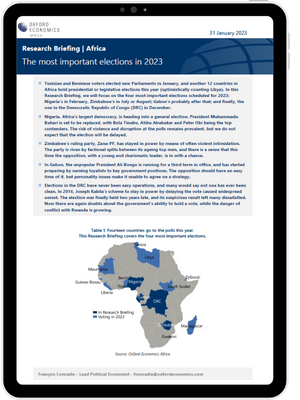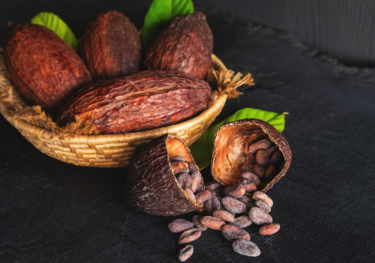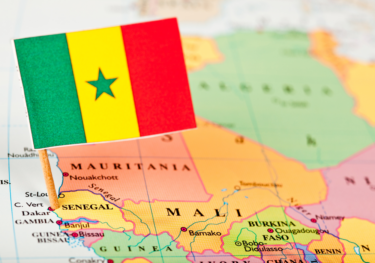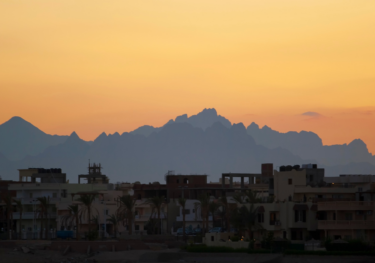The most important elections in 2023 in Africa

Tunisian and Beninese voters elected new Parliaments in January, and another 12 countries in Africa hold presidential or legislative elections this year (optimistically counting Libya). In this Research Briefing, we will focus on the four most important elections scheduled for 2023: Nigeria’s in February, Zimbabwe’s in July or August; Gabon’s probably after that; and finally, the one in the Democratic Republic of Congo (DRC) in December.
What you will learn:
- Nigeria, Africa’s largest democracy, is heading into a general election. President Muhammadu Buhari is set to be replaced, with Bola Tinubu, Atiku Abubakar and Peter Obi being the top contenders. The risk of violence and disruption at the polls remains prevalent, but we do not expect that the election will be delayed.
- Zimbabwe‘s ruling party, Zanu-PF, has stayed in power by means of often violent intimidation. The party is riven by factional splits between its ageing top men, and there is a sense that this time the opposition, with a young and charismatic leader, is in with a chance.
- In Gabon, the unpopular President Ali Bongo is running for a third term in office, and has started preparing by naming loyalists to key government positions. The opposition should have an easy time of it, but personality issues make it unable to agree on a strategy.
- Elections in the DRC have never been easy operations, and many would say not one has ever been clean. In 2016, Joseph Kabila’s scheme to stay in power by delaying the vote caused widespread unrest. The election was finally held two years late, and its suspicious result left many dissatisfied. Now there are again doubts about the government’s ability to hold a vote, while the danger of conflict with Rwanda is growing.
Tags:
Related Resouces

Post
Easter Egg-onomics
The cause of Easter egg inflation of 50% or more this year is largely explained in the latest paper from our Africa team on one of the key countries at the start of the supply chain, those producing the raw ingredient.
Find Out More
Post
Africa: Radical Faye looks strong in Senegal’s presidential election
The first round of Senegal's presidential election will take place on Sunday, March 24. The race is unpredictable, given the dramatic backdrop to it. In this Research Briefing, we set out the main dynamics relating to the election and refresh our political scenarios.
Find Out More
Post
The long-term outlook for Northern African cities
North African cities are forecast to experience some of the fastest rates of employment and population growth over the long term. GDP growth is also forecast to be near the top of the global pack, just trailing behind sub-Saharan Africa.
Find Out More